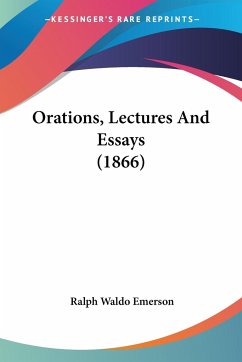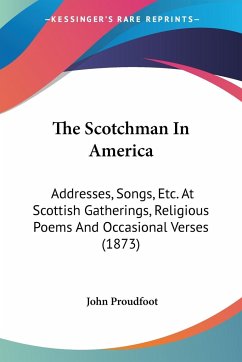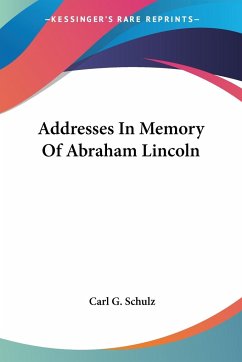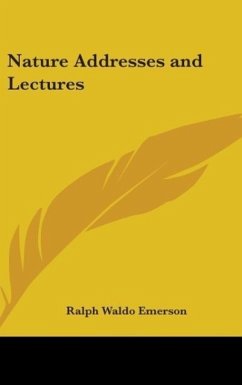
Nature Addresses and Lectures
Versandkostenfrei!
Versandfertig in 1-2 Wochen
39,99 €
inkl. MwSt.

PAYBACK Punkte
20 °P sammeln!
1849. Emerson was truly the center of the Transcendental movement and the founder of a distinctly American philosophy emphasizing optimism, individuality, and mysticism. He was one of the most influential literary figures of the nineteenth century. In Nature, he laid out most of his ideas and values, which reflected at least ten years of intense study in philosophy, religion, and literature. See other titles by this author available from Kessinger Publishing.



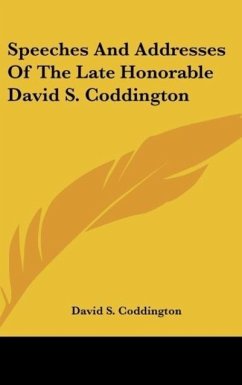

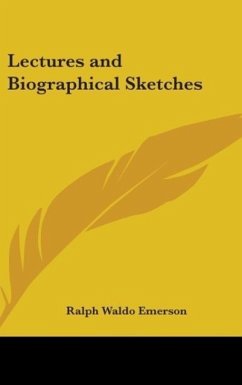
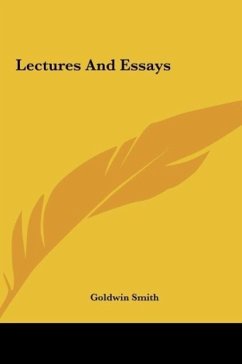

![Speeches and Addresses [microform]: Political, Literary and Religious Cover Speeches and Addresses [microform]: Political, Literary and Religious](https://bilder.buecher.de/produkte/65/65503/65503110n.jpg)
